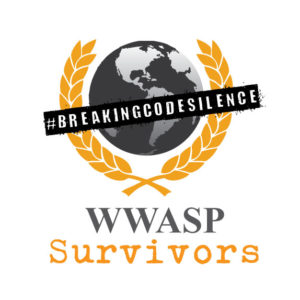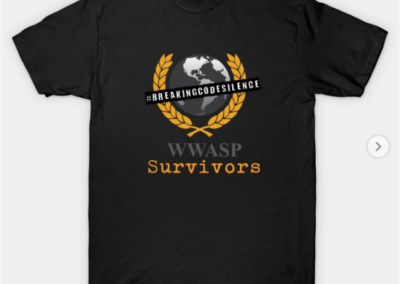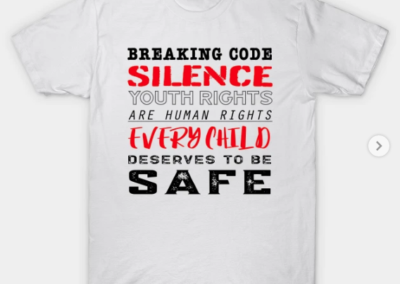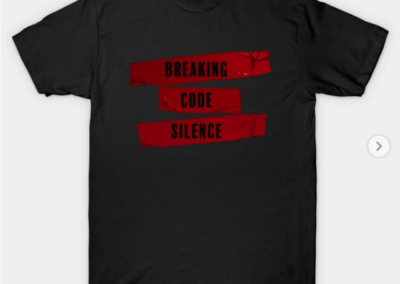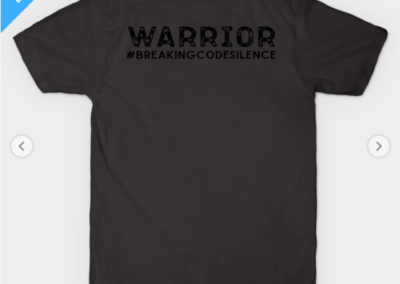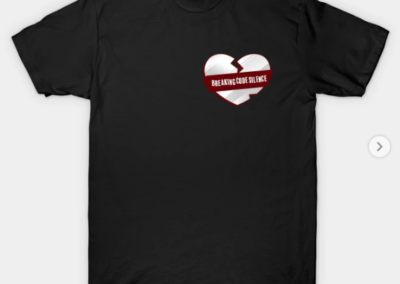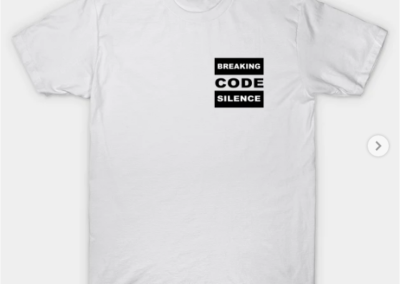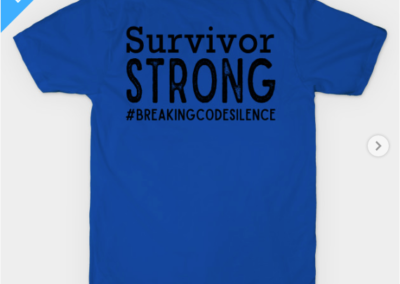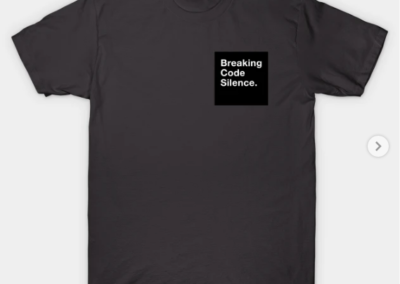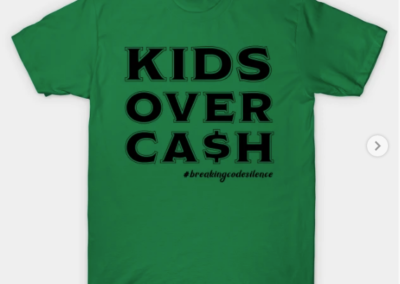Private Youth Programs of the Troubled Teen Industry go by all kinds of titles. Some are called residential treatment centers, group homes, boot camps, wilderness camps, therapeutic boarding schools. The industry has one thing in common. . Not only are the methods of behavior modification used by the TTI, not positive, ethical models of change, they are usually extremely harmful, leading to the common occurrence of institutional abuse and a lifetime worth of trauma for the affected population of youth.
Widespread & Systemic use of Torture and Inhumane Treatment
Between July 17 and December 26, 2006, in a collaborative effort between CAFETY and the Alliance for the Safe, Therapeutic, and Appropriate use of Residential Treatment (ASTART), a survey of the affected survivor population was posted online. Over 700 youth and young adults from 85 programs, located in 23 states and 5 countries responded. The survey revealed human rights abuses to be widespread and systematic.
USE OF ESCORT SERVICES:
Trauma reported – 48%
COMMUNICATION AND PRIVACY RIGHTS VIOLATIONS:
Mail-monitoring – 93%
Call-monitoring – 96%
Filtered, restricted or interrupted correspondence – 86%
PHYSICAL RESTRAINT
Experienced physical restraint – 34%
Witnessed peers physically restrained – 60%
INAPPROPRIATE USE OF SECLUSION AND RESTRAINTS AS A RESULT OF:sr
Breaking a program rule – 67%
Saying something disrespectful – 52%
Cursing – 48%
Making a face – 30%
INHUMANE TREATMENT:
Forced labor – 71%
Restricted access to the bathroom – 68%
Scare tactics – 63%
Exposure to harsh elements like extreme heat, snow or rain – 60%kw
Excessive exercise – 58%
Food/nutritional deprivation – 43%
Sleep deprivation – 41%
Physical punishment – 31%
Emotional, physical or sexual abused by staff – 45%
EDUCATION AND MENTAL HEALTH TREATMENT
No individualized Treatment plan – 60%
Not satisfied with the training background of the staff members who were providing education, therapy, support and/or care – 87%
Federal Investigation
The widespread allegations of abuse spurred a federal investigation by the Government Accountability Office (GAO), the investigative arm of Congress, and Congressional hearings in October 2007 and April 2008 and resulted in the proposal of H.R. 5876. (Current version H.R. 3024.) – Stop Child Abuse in Residential Programs For Teens Act.
“If you walked in part way through my presentation, you might have assumed that I was talking about human rights violations in a third world country. Unfortunately, these human rights violations occurred right here in the United States of America.”
– Testimony of Greg Kutz, Managing Director Forensic Audits Special Investigations Government Accountability Office
The GOA testimony reports four striking patterns:
* Untrained program staff;
* Misleading marketing of programs to parents;
* The occurrence of abuse before the fatalities occurred;
* Negligent operating practices.
Download Full Report:
-
GAO Report: Concerns Regarding Abuse and Death in Certain Programs for Troubled Youth Oct 2007
-
GAO Report: Residential Programs Selected Cases of Death, Abuse and Deceptive Marketing Apr 2008
-
GAO Report: State and Federal Oversight Gaps May Increase Risk to Youth Well-being Apr 2008
State to State Policy
Each state is responsible for regulation and do so with varying levels of stringency (or not at all), with variable funding allocation to monitoring (or non-at all), and various levels of sensitivity and competency depending on the overseeing agency responsible, ie. Monitoring through the Dept of Health vs Dept of Labor or Corrections. ASTARTs 4 state-policy study found that: policies vary from state to state and, in some states, private facilities who do not receive state fund, are religiously affiliated or fail to properly identify as a treatment facility, ie, behavior modification program, boot camp, wilderness program or therapeutic boarding school are exempt from regulation. We’d like to continue identifying facilities of concern, research protection failure and mobilize our base to advocate for change in the respective states of concern.
Consistent with ABA’s recommendations, WWASP Survivors advocates legislation at the state level which would:
1. Require licensure of, or otherwise regulate, private residential treatment facilities by defining clearly which programs must comply with the statute and impose minimum legal requirements to operate and maintain them, including standards regarding staff qualifications and residents’ physical and emotional safety, educational, mental health, and other treatment needs.
2. Require government monitoring and enforcement of the operational standards outlined in the statute.
3. Promote the preferred use of appropriate in-home and community-based prevention and intervention programs for at-risk children and youth by requiring enhanced governmental support that provides families with better access to these programs.
Federal Legislation
H.R. 1981: Stop Child Abuse in Residential Programs for Teens Act of 200
WWASP Survivors supports the “Stop Child Abuse in Residential Programs for Teens Act”. We believe SCARPTA would help ensure minimum at least some institutionalized children and youth are protected from ill-treatment and torture by establishing new national standards for residential programs:
- Prohibit programs from physically, mentally or sexually abusing children in their care;
- Prohibit programs from denying children essential water, food, clothing, shelter, or medical care – whether as a form of punishment or for any other reason;
- Prohibit Restraint and Seclusion;
- Mandate states to establish and enforce best practice alternatives to prohibited methods
- Require programs to provide children with reasonable access to a telephone and inform children of their right to use the phone;
- Require programs to train staff in understanding what constitutes child abuse and neglect and how to report it; and
- Require programs to have plans in place to provide emergency medical care.
- Require programs to disclose to parents the qualifications, roles, and responsibilities of all current staff members;
- Require programs to notify parents of substantiated reports of child abuse or violations of health and safety laws; and
- Establish a database by the U.S. Department of Health and Human Services, which will carry information on all private residential programs.
- Require the U.S. Department of Health and Human Services to conduct unannounced site inspections of every private teen residential program in the country at least once every two years; and
- Give HHS the authority to assess civil penalties of up to $500,000 against programs for violations of the law

